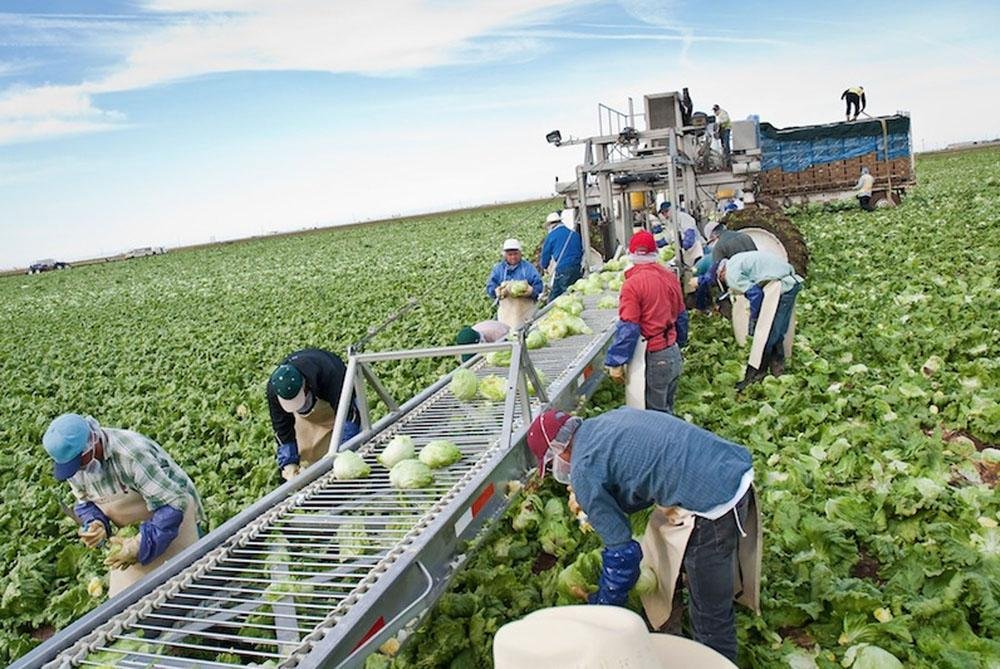Business
EPA Enforces Urgent Ban on Dacthal Pesticide Amid Alarming Fetal Health Risks

The Environmental Protection Agency (EPA) has enacted an emergency ban on the herbicide dimethyl tetrachloroterephthalate, commonly known as DCPA or Dacthal, due to significant risks to unborn children. This marks the first emergency suspension of a pesticide by the EPA in nearly 40 years.
According to the EPA, exposure to Dacthal can result in a spectrum of developmental issues in unborn babies, such as low birth weight, decreased IQ, and impaired brain development and motor skills. Michal Freedhoff, assistant administrator for the Office of Chemical Safety and Pollution Prevention, highlighted the urgency, stating, “DCPA is so dangerous that it needs to be removed from the market immediately.” She emphasized that pregnant women, possibly unaware of their exposure, could give birth to babies with irreversible lifelong health problems.
Dacthal, primarily used on crops like broccoli, Brussels sprouts, cabbage, and onions, has been under EPA review for several years. The agency required AMVAC Chemical Corporation, the herbicide’s sole manufacturer, to provide over 20 studies, a task in which AMVAC fell short. In April 2022, the EPA issued a notice of intent to suspend Dacthal owing to incomplete data submissions. Although AMVAC provided additional data in November 2023 sufficient to lift the suspension, significant risks from various uses of Dacthal persisted.
By May 2023, an EPA assessment concluded that even with safety measures, Dacthal poses severe risks. Pregnant individuals handling the chemical could be exposed to levels far exceeding safe thresholds for unborn children.
In Arizona, where Dacthal is commonly used for managing weeds in cole crops like broccoli, cauliflower, and cabbage, the Arizona Pest Management Center (APMC) expressed concerns about the ban complicating weed control strategies. Arizona farmers cultivated nearly 21,000 acres of cole crops in 2022, and Dacthal played a crucial role in these operations. The EPA’s findings indicate that unsafe levels of DCPA can last for up to 25 days in fields, putting pregnant individuals and unborn babies at risk.
Despite custom pesticide applications and certain chemicals requiring reporting to the Arizona Department of Agriculture, Dacthal’s use might be under-reported since it is not on the groundwater protection list and many herbicides are applied using growers’ equipment.
The EPA concluded that no practical mitigation measures could allow DCPA’s continued use, leading to the emergency ban. The full impact on Arizona’s vegetable growers remains uncertain, but the decision has garnered support from several quarters. U.S. Rep. Raúl Grijalva of the 7th Congressional District, encompassing most of Yuma County, commended the EPA, asserting, “Farmworkers face burdensome conditions and often exposure to harmful pesticides. This emergency action prioritizes farmworker health and safety, especially for pregnant women.”
Mily Treviño Sauceda, executive director of Alianza Nacional de Campesinas, echoed the sentiment, stating, “Alianza is pleased to see the EPA make this historic decision. This emergency decision is a great first step in a series aimed at listening to farmworkers, protecting reproductive health, and safeguarding families.”


















